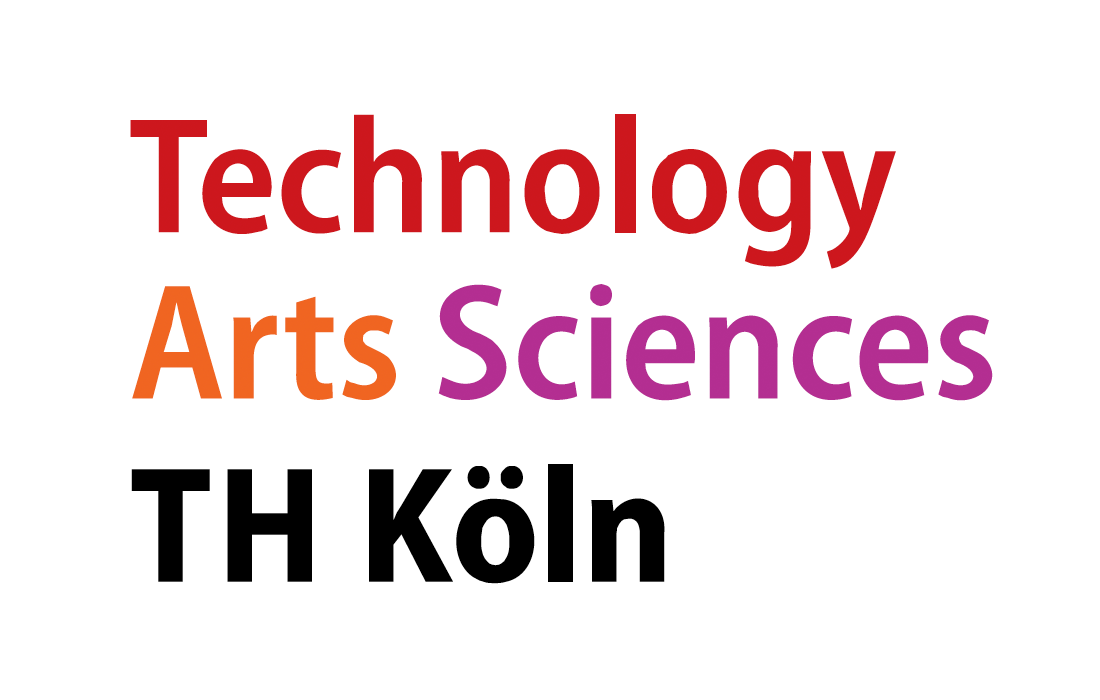Beitrag zu Handlungsfeldern
Nachfolgend ist die Zuordnung des Moduls zu den Handlungsfeldern des Studiengangs aufgeführt, und zwar als anteiliger Beitrag (als ECTS und inhaltlich). Dies gibt auch Auskunft über die Verwendbarkeit des Moduls in anderen Studiengängen und über die Beziehung zu anderen Modulen im selben Studiengang.
| Handlungsfeld |
ECTS (anteilig) |
Modulbeitrag zum Handlungsfeld |
| Generating and Accessing Knowledge |
3 |
Students learn to handle problems in the area of database systems independently and to develop comprehensive solutions while applying and deepening the theoretical knowledge.
|
| Architecting and Coding Software |
2 |
Students learn to deal with NoSQL database systems and multimedia database systems as a particular type of object-related database systems
|
| Acting Responsibly |
1 |
Students learn about ethical aspects of Big Data in business environments.
|
Learning Outcome
After a successful completion of this module, students are able to …
- handle problems in the area of database systems independently,
by
(for new database systems:)
- understanding the special opportunities and problems of when to store, analyse and tread Big Data efficiently, and
- learning basic principles of NoSQL-Data models and –systems and other Big Data solutions, and
- knowing particular requirements of database systems in the context of mobile applications and the appropriate solution strategies, and
- appreciating the capabilities and difficulties of “in memory” database systems (DBS-RAM) as well as the cloud databases, and
- developing an understanding of the ethical borders of „Big Data“.
(for multimedia database systems:)
- developing an understanding of the special issues associated with storing and retrieving multimedia data, and
- getting to know the SQL2011 standard in this field and acquire practical skills to build text, image, video and sound databases.
so that they are able to develop comprehensive solutions while applying and deepening the theoretical knowledge.
Inhaltliche Beschreibung des Moduls
The challenge of Big Data
- Definition, possibilities and problems
- Overview of the diversity of ‘Big-Data’-DBS
- Ethical aspects of Big Data in business environments
- NoSQL-Database Systems
NoSQL modeling and concepts
- New theories and techniques in the context of NoSQL like map/reduce, CAP theorem, BASE, consistent hashing, MVCC, vector clocks, Paxos, …
- Administration and programming of different NoSQL, in memory and cloud database systems, …
- Multimedia database systems as a particular type of object-related database systems:
Characteristics of multimedia DB systems
- Multimedia Data types for image, audio, video, text
- Multimedia data models (SQL/MM from the SQL/2011 standard, LOB data types, storage, requests and changes to multimedia data)
- Index structures for multimedia data.
Zur Verfügung gestelltes Lehrmaterial
Weiterführende Literatur
- Alam, M., Muley, A., Kadaru, Ch.: „Oracle Nosql Database: Real-Time Big Data Management for the Enterprise“, Oracle
Press, 2013
- Browne, J.: „Brewer’s CAP Theorem,julianbrowne.com“, 11.01.2009, http://www.julianbrowne.com/article/viewer/ brewers
-cap-theorem
- Davis, K., Patterson, D.: “Ethics of Big Data”,O’Reilly Media, Inc, USA, 2012
- Evjen, Sharkey: Professional XML; Wiley-Verlag; 2006
- Fink, B.: „Why Vector Clocks are Easy“, Basho Technologies Inc. , Cambridge (USA/MA), 01/2009
- Fujitsu: „Fujitsu Research Reveals Global Consumer Attitudes to Data Privacy Crucial to Realizing Benefits of Cloud
Computing“, 10+11/2010
- Lecture Notes Computer Science: Advances in Database Technology; EDBT 2006; Springer Berlin; 2006
- Lecture Notes Computer Science: Advances in XML-Information Retrevial and Evaluation; INEX 2005; Springer Berlin; 2006
- Lynne Dunckley, Multi Media Databases, Addison-Wesley, 2003
- Microsoft News Center, „Microsoft, Accenture and WSP Environment & Energy Study Shows Significant Energy and Carbon Emissions Reduction Potential From Cloud Computing“, Redmond, Wash., USA, 11/2010
- McCreary, D., Kelly, A.: “Making Sense of Nosql”,Manning Publications, 2013
- Muneesawang, Guan; Multimedia Database Retrieval A Human-Centered Approach; Springer US; 2006
- Roebuck, K.: “Storing and Managing Big Data - NoSQL, Hadoop and More”, Emereo Pty Limited, 2011
- Sadalage, P. J. , Fowler, M.: “NoSQL Distilled”, Addison-Wesley, 2012
- Subrahmanian: Principles of Multimedia Database Systems; 2006
- Tiwari, Sh.: “Professional NoSQL”, Wiley, 2011
